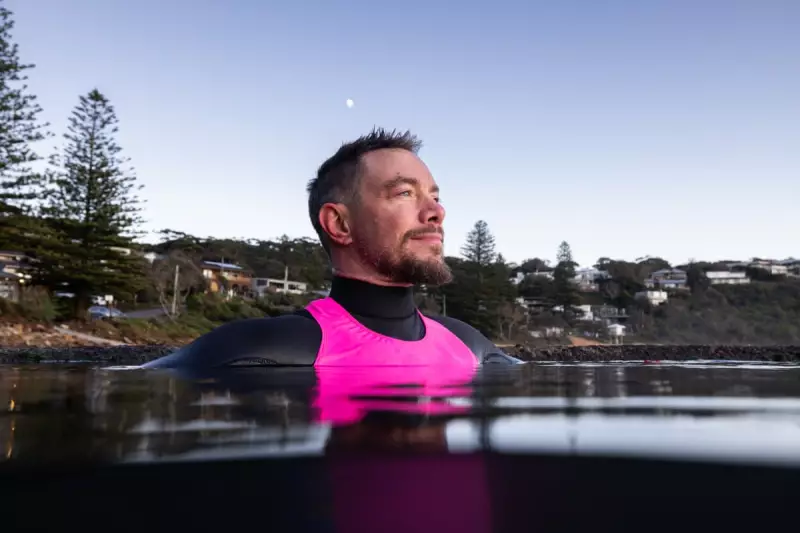
Imagine the serene isolation of an open water swim suddenly turning into a fight for survival. This was the stark reality for one swimmer during a routine dip in the waters of the Solent, near the Isle of Wight.
A routine swim turned catastrophic in an instant. Mid-stroke, a sudden, overwhelming weakness and confusion signalled the onset of a medical crisis: a stroke. Paralysed on one side and struggling to stay afloat, the swimmer was perilously adrift and invisible to the casual observer.
As the article chillingly recounts, most fellow swimmers passed by, unaware of the life-or-death drama unfolding beside them. The sense of isolation in a crowd of people is a terrifying central theme of this ordeal.
The Guardian Angel in the Water
But this story is not defined by those who didn't see, but by the one person who did. A lone swimmer, attuned to the subtle signs of distress, noticed something was profoundly wrong. This individual did not hesitate, becoming an impromptu lifeguard and a steadying presence in the chaos.
This quick-thinking Good Samaritan stayed by the victim's side, providing crucial support to keep their head above water and shouting for help from a nearby safety boat. Their vigilance and calm intervention were the first critical links in the chain of survival.
The Long Road to Recovery
The aftermath of the stroke began a challenging journey of rehabilitation. The article details the physical and cognitive hurdles faced in the following months, from re-learning basic skills to grappling with the psychological trauma of the event.
Yet, the overwhelming emotion is one of profound gratitude. The swimmer's recovery is framed not just by medical progress, but by a deep appreciation for the stranger whose awareness and courage made all the difference. It’s a powerful reminder of our shared responsibility to one another, even amongst strangers.
A Lifesaving Lesson for All
This near-tragedy serves as a crucial public advisory for open water swimmers and the wider community. It underscores the importance of:
- Swimming with a buddy or in supervised areas.
- Understanding the signs of medical distress, such as sudden confusion, weakness, or an inability to swim straight.
- The imperative to trust your instincts – if something looks wrong, it probably is.
Ultimately, this is more than a survival story; it's a testament to the impact of a single act of human kindness. It highlights how being present and aware can transform a potential tragedy into a story of hope and connection.





